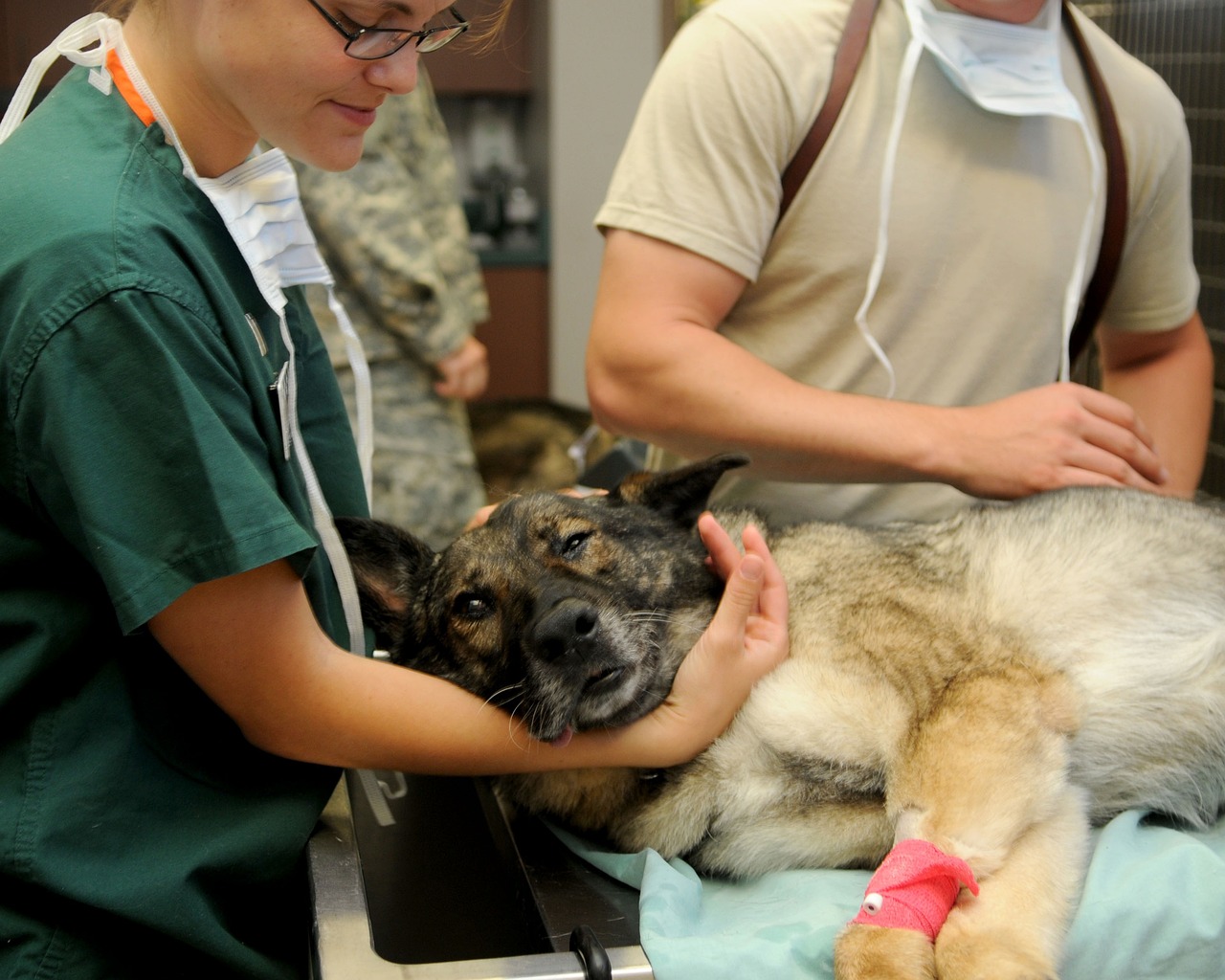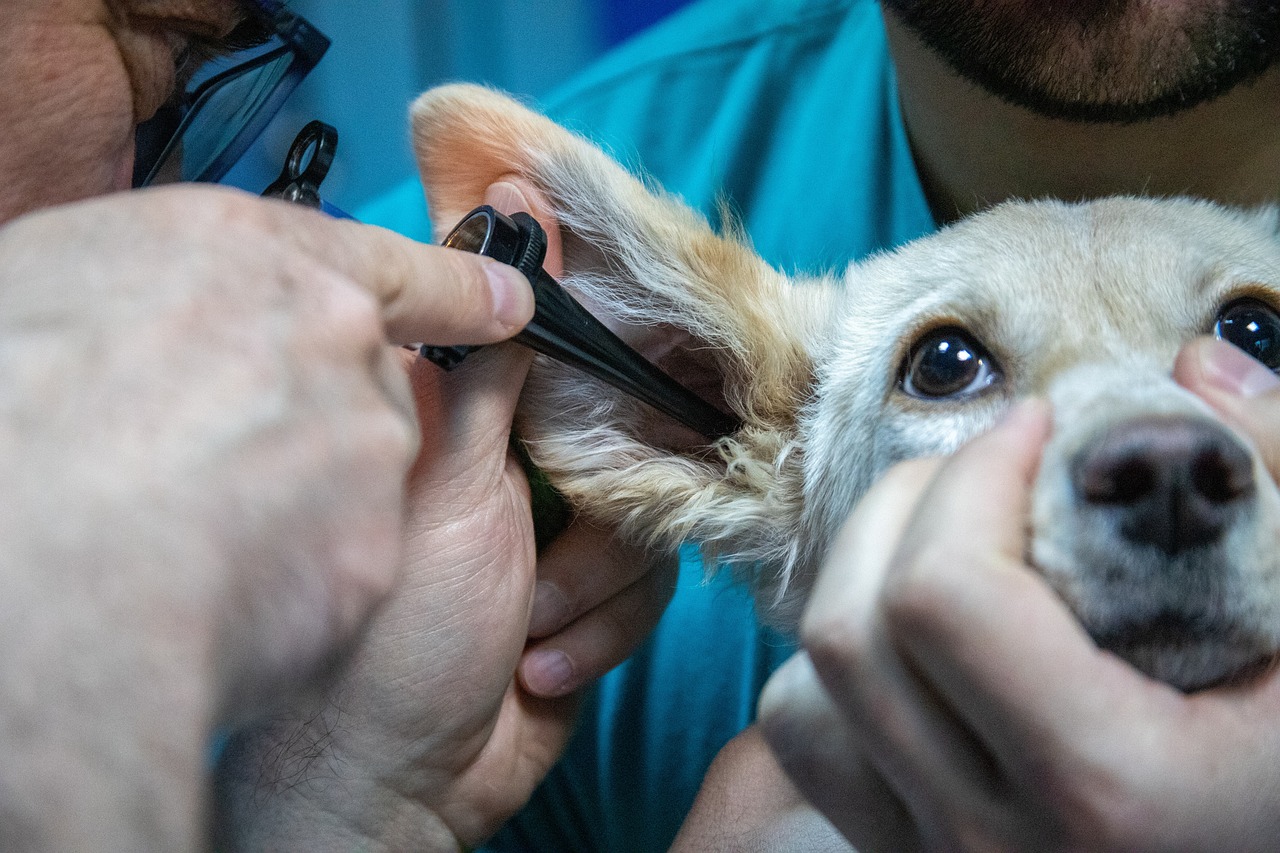Veterinarians’ Top Health Tips for Happy, Healthy Pets

Caring for pets requires informed decisions to support their overall health and happiness. Regular vet checkups, a balanced diet, and preventive care are just some of the steps that pet owners can take to ensure their cats and dogs thrive.
We’ve gathered top health tips from leading animal doctors to help you provide the best possible care for your furry companions. Here’s how to keep your pets physically active, mentally engaged, and in good health for the long term.
🩺 1. REGULAR VET CHECKUPS ARE ESSENTIAL
Animal doctors emphasize the importance of keeping pets healthy through regular visits. These checkups help detect health issues early and prevent them from becoming serious.
“Annual visits allow us to monitor your pet’s overall health,” says Dr. Maria Jenkins. “Preventive care, including vaccines, parasite control, and dental cleanings, can significantly extend your pet’s life.”
Key Tip: Schedule regular vet checkups to stay on top of your pet’s health care and prevent potential problems.
🥗 2. FEED A BALANCED DIET
A balanced diet is vital for your pet’s health and helps maintain their weight, blood sugar levels, and energy. Not all foods are created equal, and some may be high in sugars or saturated fat, leading to long-term health conditions like obesity, diabetes, and joint issues.
“Choosing the right diet tailored to your dog or cat’s age, breed, and activity level prevents health problems and promotes overall health,” says Dr. Liam Turner. “Fruits and vegetables can be good sources of fiber, but avoid foods high in sugars or dairy products.”
Key Tip: Consult your animal doctor to determine the best diet for your pet and avoid feeding foods that could cause health issues.

🏃 3. KEEP YOUR PETS PHYSICALLY ACTIVE
Exercise is essential for pets’ joint health, mental well-being, and weight management. While daily walks are common for dogs, cats also benefit from activities that encourage them to move.
“Interactive toys like laser pointers or feather wands keep cats engaged and physically active,” says Dr. Sarah Lee. “For dogs, play sessions, swimming, or a simple game of fetch can help maintain a healthy weight and improve joint health.”
Key Tip: Spend at least 30 minutes daily engaging your pet in physical activities to help them stay fit and healthy.
🦷 4. ORAL HEALTH IS KEY
Neglecting your pet’s teeth can lead to serious health problems. Plaque and tartar buildup can cause gum disease, which may spread to other parts of the body if untreated.
“Studies show that good oral health can significantly improve your pet’s overall health,” explains Dr. Raj Patel. “Brush their teeth regularly and schedule professional cleanings when needed.”
Key Tip: Prioritize your pet’s dental health to prevent gum disease and other related health conditions.
👀 5. WATCH FOR SIGNS OF HEALTH ISSUES
Behavioral changes can be early signs of underlying health problems.
“Look for symptoms like reduced activity, appetite changes, or unusual aggression,” advises Dr. Emily Carter. “These could indicate pain, stress, or illness.”
Key Tip: If your pet shows unusual behavior, consult your animal doctor to identify and address the issue promptly.
🦟 6. PREVENT PARASITES
Fleas, ticks, and heartworms can pose severe risks to your pet’s health, but they are preventable with the right care.
“Using preventive care methods like topical treatments or oral medications keeps your pets safe from harmful pests,” says Dr. Carlos Ramirez.
Key Tip: Protect your pets year-round with parasite prevention recommended by your animal doctor.
🏠 7. MAKE YOUR HOME SAFE FOR PETS
A safe home environment is crucial for your pets’ health and well-being.
“Pet-proof your home by removing toxic plants, securing electrical cords, and keeping dangerous items out of reach,” advises Dr. Angela Brooks.
Key Tip: Create a pet-friendly space by eliminating hazards and ensuring your home supports your pet’s safety.

🧩 8. MENTAL STIMULATION IS IMPORTANT
Keeping your pets mentally engaged prevents boredom and promotes better behavior.
“Puzzle toys, training games, and interactive activities are excellent ways to keep pets entertained,” says Dr. Megan White.
Key Tip: Provide activities and toys that challenge your pet’s mind to reduce stress and destructive behaviors.
🩺 9. SPAYING AND NEUTERING BENEFITS PETS’ HEALTH
Spaying and neutering not only help control the pet population but also provide significant health benefits.
“These procedures lower the risk of cancers and reduce behaviors like aggression or marking territory,” explains Dr. Henry Nguyen.
Key Tip: Discuss the right time to spay or neuter your pet with your animal doctor to support their long-term health and well-being.
🤝 10. BUILD A RELATIONSHIP WITH YOUR ANIMAL DOCTOR
A strong relationship with your animal doctor ensures your pets receive the best care.
“Your vet is your most reliable resource for advice on diet, behavior, and health issues,” says Dr. Olivia Moore. “Regular communication builds trust and improves outcomes for your pets.”
Key Tip: Stay in touch with your vet for guidance on every aspect of your pet’s health and care.

🐾 TAKE CHARGE OF YOUR PET’S CARE
Your pet’s health and happiness depend on you. By following these expert tips, you can ensure your furry friend enjoys a long and healthy life.
For additional support, consider using tools like United Pet Club to manage health records, appointments, and more. Visit United Pet Club to explore ways to enhance your pet care journey.


No Comments ( as of 2/5/2025 4:19:18 PM )